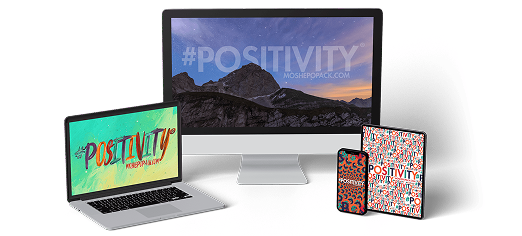Tim Kennedy’s served as a Master Sergeant with the US Army Green Berets and a Special Forces Sniper. He’s also a New York Times bestselling author, a Brazilian Jiu Jitsu Black Belt, a former UFC fighter, and a philanthropist. In this powerful episode, we talk about why Tim loves America so much, crafting a warrior mindset, gratitude, abundance, and much more.
What does Tim mean when he says he’s “unapologetically American”?
“It’s this quintessential idea of freedom and sovereignty. So, sovereignty is like this freedom even further, this extension … like, there’s nothing that anyone has no leverage, no power, no law, no control over me or mine. … You know, like leave me alone. I just want to live my life, and I want my kids to grow up to be happy and healthy humans that can give back and serve. And if you get in my way, you know, like you did in 1776, it just doesn’t end up well for you (laughs).”
On why he thinks drastic governmental change is necessary in the U.S. right now:
“You can’t fix something that is rotten from the inside. You can’t heal a wound when there’s still rotting flesh. You’ve got to cut that bad stuff out. Um, you can’t become an efficient, mobile, fast, responsive organization, taking care of the people you have to take care of, when you are slow and burdensome with programs that are ineffective and inefficient that are just slammed with fraud, waste, and abuse.”
Veterans struggling with PTSD:
“A lot of times, especially with veterans, we get stuck in one chapter. You know, we’ve maybe just finished this last chapter, which was a deployment or service. And we did some extraordinary things, and we helped people and we protected America’s interests and we’re trying to provide security and stability in a region or a country … maybe we freed them from an oppressor, whatever that thing was. And in the act of that, there are some harsh moments, especially in the military because war is horrific. Then the next chapter is maybe the healing, or maybe us moving on, or maybe us transitioning and transforming the metamorphosis of us from a soldier to an entrepreneur. And in that chapter, people get stuck. Veterans, especially they focus on this trauma, you know, and the wheels are spinning, but the car’s not going anywhere. The engine’s getting hotter and hotter and hotter, but it’s still not going anywhere. And this is one of the areas where we have failed our veterans, which is to provide mechanisms and resources to get that car moving.”
Why failure is such a valuable learning tool:
“Yeah, I mean (failure) is THEE thing. I don’t know anything in human history that wasn’t accomplished through adversity, struggle, pain, and sacrifice. So, I mean, it is the catalyst of change, you know, creation or evolution, whatever side of the coin you’re sitting on. Failure is ultimately the catalyst of change. The Genesis of all of the things is the pain and the struggle”
How soldiers can make split-second decisions on the battlefield:
“I think back to my first trip to Iraq or my second deployment to combat in Afghanistan. By the time, you know, 15 years later, I’m on my 20th trip, this time into Africa and things are kind of getting weird, but I’ve had tens of thousands of reps to understand what’s going on here, and to make that split second decision is really just attributed to the training programs within the military, the leadership within the military, the selection of the people within the military. I’ve gotten to work with some of the greatest humans on the planet, and I attribute all the success of everything that I’ve ever done to each and every one of them.”

